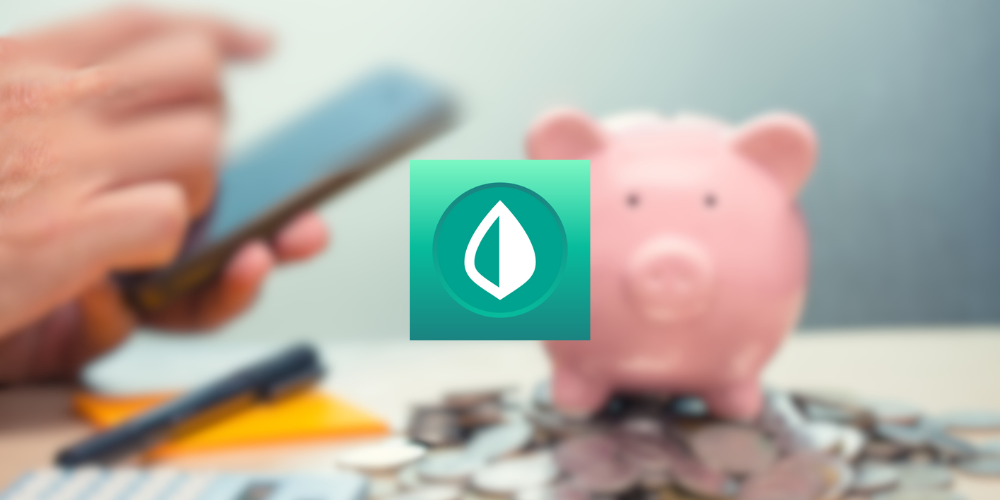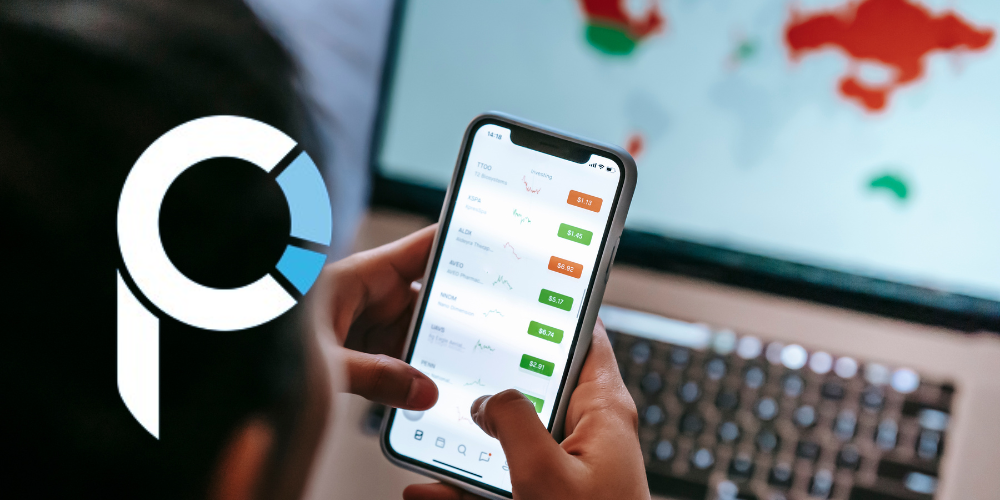
In the modern era, technology has infiltrated every aspect of our lives, revolutionizing the way we manage our daily tasks, including our finances. Personal finance management has never been easier with the advent of mobile apps that allow us to keep track of our spending, savings, and investments on the go.
These applications serve as powerful tools for individuals looking to take control of their financial health, set realistic budgets, and work toward their monetary goals. In this comprehensive guide, we delve into the top 5 mobile apps for personal finance management. Each app is designed to cater to different financial needs and preferences, ensuring that there's a suitable option for everyone. We will explore their unique features, and versions, and provide a bulleted list of pros and cons to help you make an informed decision about which app will best help you keep your budget under control.
1. Mint: Your Personal Finance Consolidator

Mint has become a household name in the realm of budgeting apps, and for good reason. This all-in-one resource is renowned for its user-friendly interface and comprehensive financial overview capabilities.
Features of Mint:
- Tracks bank transactions and categorizes them automatically.
- Offers budget creation with real-time tracking of expenses.
- Monitors credit scores and provides financial advice.
- Alerts for bills and unusual account charges.
- Multi-factor authentication to ensure security.
Pros:
- Free to use with no hidden charges.
- User-friendly interface and easy setup process.
- Customizable budget categories.
- Syncs with most financial accounts automatically.
Cons:
- Ad-supported, which can be intrusive to some users.
- Limited investment tracking capabilities.
2. You Need A Budget (YNAB): Your Budgeting Philosophy Instructor

YNAB takes a unique approach to budgeting, emphasizing a philosophy that encourages users to "give every dollar a job." This app is for those who want to be intimately involved in the budgeting process and are looking for a system to help them break the paycheck-to-paycheck cycle.
Features of YNAB:
- Zero-based budgeting system.
- Real-time access to all your budget data across multiple devices.
- Detailed reporting and personal support including live workshops.
- Bank syncing and transaction importing.
- Goal tracking and debt paydown tools.
Pros:
- Provides a comprehensive budgeting system based on a unique philosophy.
- Offers extensive educational resources and a supportive community.
- Regular updates and feature improvements.
Cons:
- Subscription-based with an annual fee after an initial free trial.
- May have a steeper learning curve for new users.
3. PocketGuard: The Simplistic Spending Tracker
For those who want a straightforward approach to managing their finances, PocketGuard offers a minimalist interface that focuses on helping users track their spending and stay on top of their bills.
Features of PocketGuard:
- Links to all financial accounts and tracks spending.
- Identifies recurring bills and looks for opportunities to save.
- Creates an "In My Pocket" balance, showing available spending money.
- Offers a "Lower your bills" feature to negotiate better rates on bills.
Pros:
- Simplistic design and easy to use.
- Helps find savings opportunities on regular expenses.
- Free version available with essential features.
Cons:
- Paid version required for more advanced features.
- Some users may require more detailed budgeting tools.
4. Personal Capital: The Investment and Wealth Management Expert

For those with a focus on growing their wealth and managing investments alongside their regular spending, Personal Capital is a robust financial app that combines personal finance and wealth management.
Features of Personal Capital:
- Tracks and manages investment portfolios.
- Net worth calculation and retirement planning.
- Fee analyzer to uncover hidden fees in investment accounts.
- Budgeting tool with a 360-degree view of your money.
- Investment checkup and personalized financial strategy.
Pros:
- Advanced investment tracking features.
- Comprehensive financial dashboard with a holistic view.
- Free financial tools with optional advisory services.
Cons:
- Requires a substantial investment balance for advisory services.
- The budgeting tool is less detailed compared to other apps.
5. Goodbudget: The Modern Envelope Budgeting Method
Goodbudget brings the traditional envelope budgeting system into the digital age, making it accessible for couples and families who want to share and manage their budget collaboratively.
Features of Goodbudget:
- Digital envelope system to allocate budget categories.
- Syncs across multiple devices for shared budgeting.
- Expense tracking and historical spending reports.
- Planned spending with the envelope and account balance features.
Pros:
- Great for shared budgeting with family or partners.
- Helps enforce disciplined spending with envelope system.
Cons:
- No bank syncing, manual transaction entry required.
- Free version is limited, with a premium subscription offering more features.
In conclusion, personal finance management apps are essential tools for anyone looking to better understand and control their spending, savings, and investments. Whether you prefer the comprehensive, all-in-one approach of Mint, the budgeting philosophy of YNAB, the simplicity of PocketGuard, the wealth management features of Personal Capital, or the collaborative envelope system of Goodbudget, there's an app that can cater to your financial needs and help you keep your budget under control. By leveraging these innovative technologies, you can create a strong foundation for your financial future.